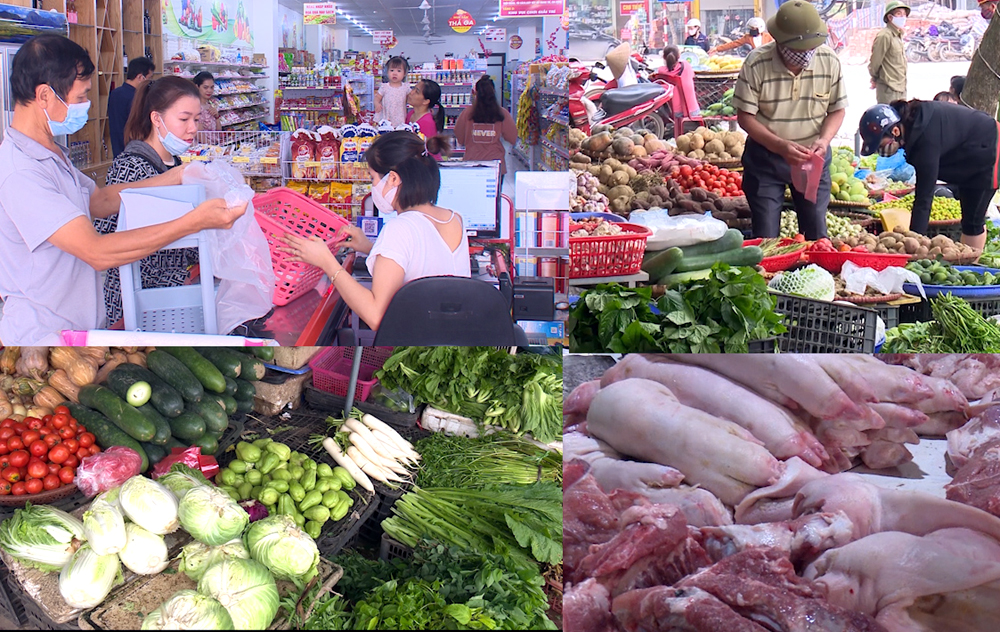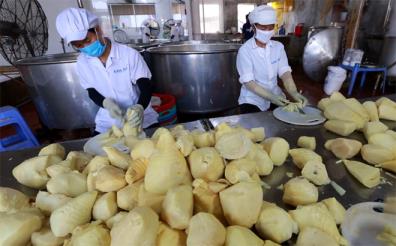Yen Bai: Consumer Price Index Increases by 4.26% in the First 9 Months
- Friday, October 18, 2024
YBO - In the first nine months of 2024, Yen Bai's consumer price index (CPI) increased by 4.26% compared to the same period last year. The primary causes were fluctuations in domestic fuel prices in line with global fuel price trends, and the rising prices of food and agricultural products.

|
|
Prices of essential food and staple products increased due to the impact of Tropical Storm No. 3.
|
Other news

Since 2023, Yen Bai province has supported the construction of new and repaired 2,950 out of 3,022 houses, achieving 98% of the set plan. Specifically, nearly 1,600 houses were built in 2023, and in 2024, the goal is to construct over 1,400 houses, completing the objectives of the housing support project for the poor one year ahead of schedule.

The impact of Typhoon No. 3's tropical cyclone has caused over 1,000 hectares of aquaculture in Yen Bai Province to be flooded, breached, and have dike breaks; nearly 300 fish cages were affected, with estimated damages of about 41.5 billion VND.

Thanks to effective forest protection and development, particularly large timber plantations meeting FSC standards, Na Hau Nature Reserve in the northern mountainous province of Yen Bai now meets the criteria for exporting carbon credits, promising significant future revenue for the state.

Enterprises in Vietnam in general and Yen Bai province in particular are enhancing their trade cooperation with the Republic of Korea (RoK).



